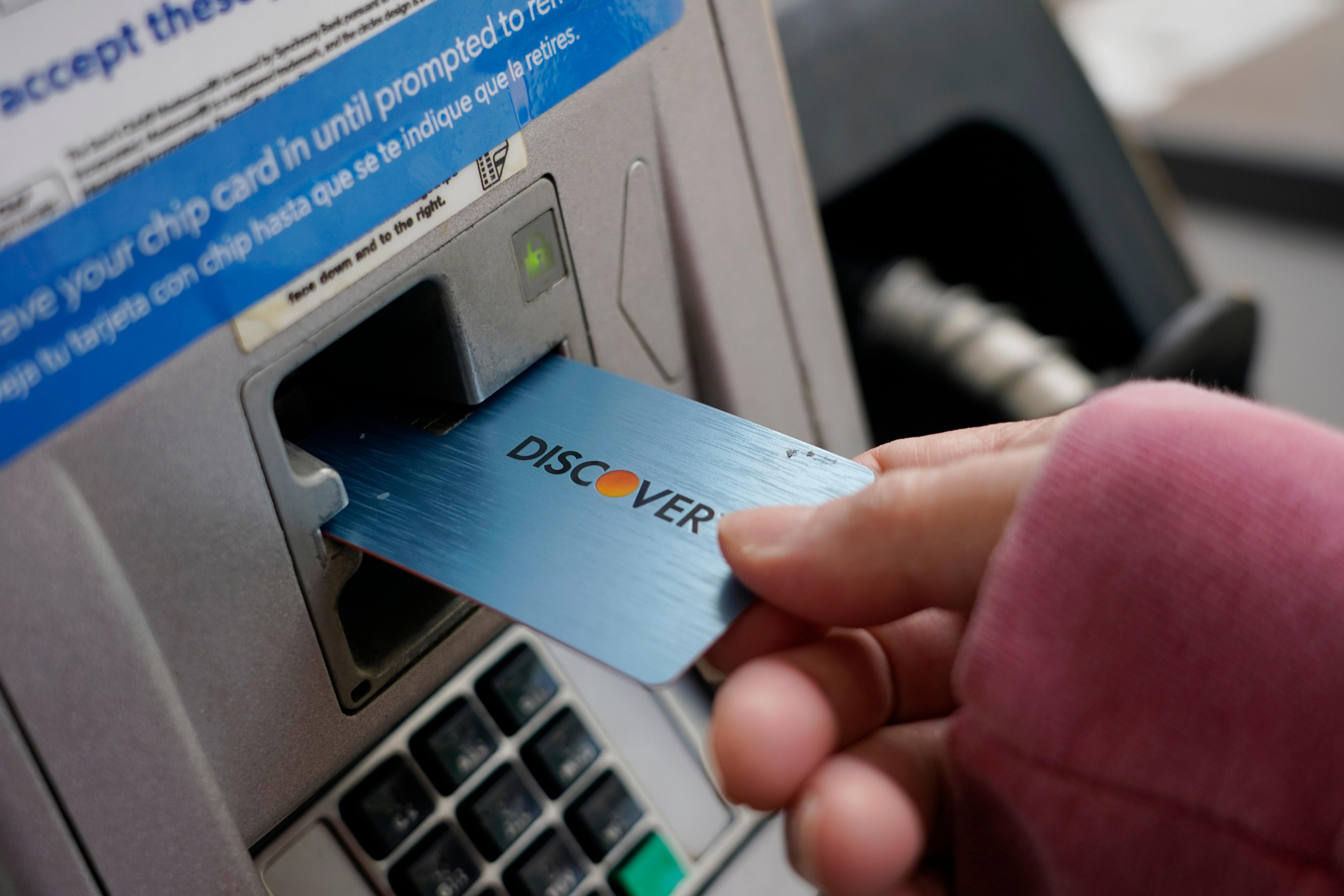More than 157 million people were expected to shop the last Saturday before Christmas, according to the National Retail Federation.
Paying down debt acquired over the holidays can seem daunting.
Nancy Lottridge Anderson, president of New Perspectives in Ridgeland, says people should try to address consumer debt first.
“When I say consumer debt, I'm talking mainly about credit cards,” she said. “If you've got a mortgage, I'm not too worried about that. Even a car loan, because as long as that car is a reasonable purchase and you're using it to get back and forth to work and to function. But that credit card debt is now in the low 20% range is the average interest rate on credit cards, and that's just money down the drain.”
Credit card debt is what is known as unsecured debt, because unlike a car, nothing can be repossessed if it is not paid on time. However, not paying the debt can damage your credit rating.
Anderson says those with large holiday credit card bills should not avoid what they owe.
“The first thing you need to do is really face it,” she said. “I find a lot of people think if I just don't open that statement, if I don't look at how much I owe, it's [going] to go away. Certainly, if you've done some damage over the holidays, you really need to sit down and look at what you owe and then come up with a plan.”
“You want to make sure you have all of that paid off before you get to the next Christmas instead of having it pile on year after year,” Anderson said.
“You really need to sit down and look at what you owe and then come up with a plan”
-- Nancy Anderson
Anderson says holiday debt does not need to be tackled all at once. She suggests paying in installments.
“For something like purchasing bikes for three kids, my goodness, it's really hard for people to do that in one whack,” she said. “How can you get that done and pay it off in a month? But maybe you could have a plan to pay it off in about six months. So to really be disciplined and diligent about getting rid of that debt and that overhang from the spending from the holidays is a good thing.”
Anderson recommends paying off the balances on credit cards with the lowest balances first.
“Also you want to look at the interest rates that you're being charged on each of those debts, whether it is a credit card or an appliance loan or a television loan or a furniture loan,” she said. “You want to get rid of the highest interest amounts first and start to really tackle those.”
Many people also want to start the new year by reaching new financial goals.
“The big one is to save more,” Anderson said. “An easy way to do that is through your employer retirement plan. Hopefully you have one. If you don't have an employer plan, you can set up your own individual retirement account and just get started in January with an amount that you think you can build for the full year. We have just had increases in the amount you can put in your 401k to $23,000. You know, most people don't even come close to that. But I tell them to at least aim for around 10%.”
Anderson says coming up with a household budget is a way for an entire family to get on the same page about upcoming goals for the new year.
“If you know you need to purchase a car in the next year or two, to really start planning for that,” she said. “Or if you want to take a really good vacation in the next year, to start saving for that. And at some point, really bringing your children into that as they're able to learn about it.”
According to Anderson, a separate checking account can be opened to hold an individual’s or a family’s emergency funds.
After cutting debt and having an emergency fund, Anderson says, you can focus more on growing your wealth.
“There are two pieces to building wealth,” Anderson said. “The first is discipline. Simply saving on a regular, disciplined basis. And again, I'll go back to that employer retirement plan. That's a great place to start. The second piece of that is having some knowledge about the investments. So you need to really become educated, you know, go online, learn about what a mutual fund is, an exchange traded fund, learn about stocks and bonds, what are these things and how can you invest.”




